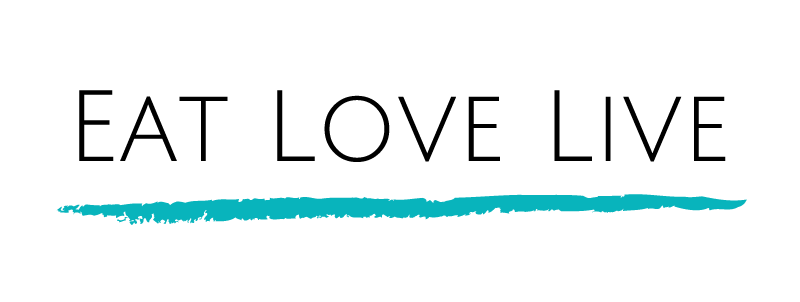Anti-Fat Bias: The unfair belief that being thin is better than being fat, leading to judgment, exclusion, or discrimination against people in larger bodies.
Diet Culture: A system of beliefs that values thinness, equates weight loss with health and moral virtue, and promotes the idea that certain bodies are more worthy than others.
Health-Centric Goals: Goals focused on improving overall well-being—like better sleep, more energy, strength, or reduced stress—rather than changing body size or weight.
Gender-Affirming: An approach that supports and respects a person's gender identity and expression, creating safe, inclusive spaces where individuals are recognized and validated as their authentic selves.
Neuro-Affirming: An approach that respects and supports neurodiversity by honouring different ways of thinking, learning, and experiencing the world—without trying to "fix" or change neurodivergent individuals.
Non-Diet: An approach to health and eating that rejects dieting, focuses on body respect, and supports well-being without trying to control weight. It encourages intuitive eating and a balanced relationship with food.
Weight-Inclusive: An approach that respects all body sizes and focuses on health and well-being without assuming a person’s worth or health based on their weight.
And, considers, as part of support, the trauma related to living in a higher weight body in a weight centric culture and the impact this has on physical and mental health.
Weight-Neutral: A perspective that separates weight from health, focusing on behaviours and habits that support well-being—regardless of body size or weight changes.
Weight Stigma: The discrimination or negative attitudes toward people because of their weight, often based on harmful stereotypes. It can affect mental, physical, and emotional health.

